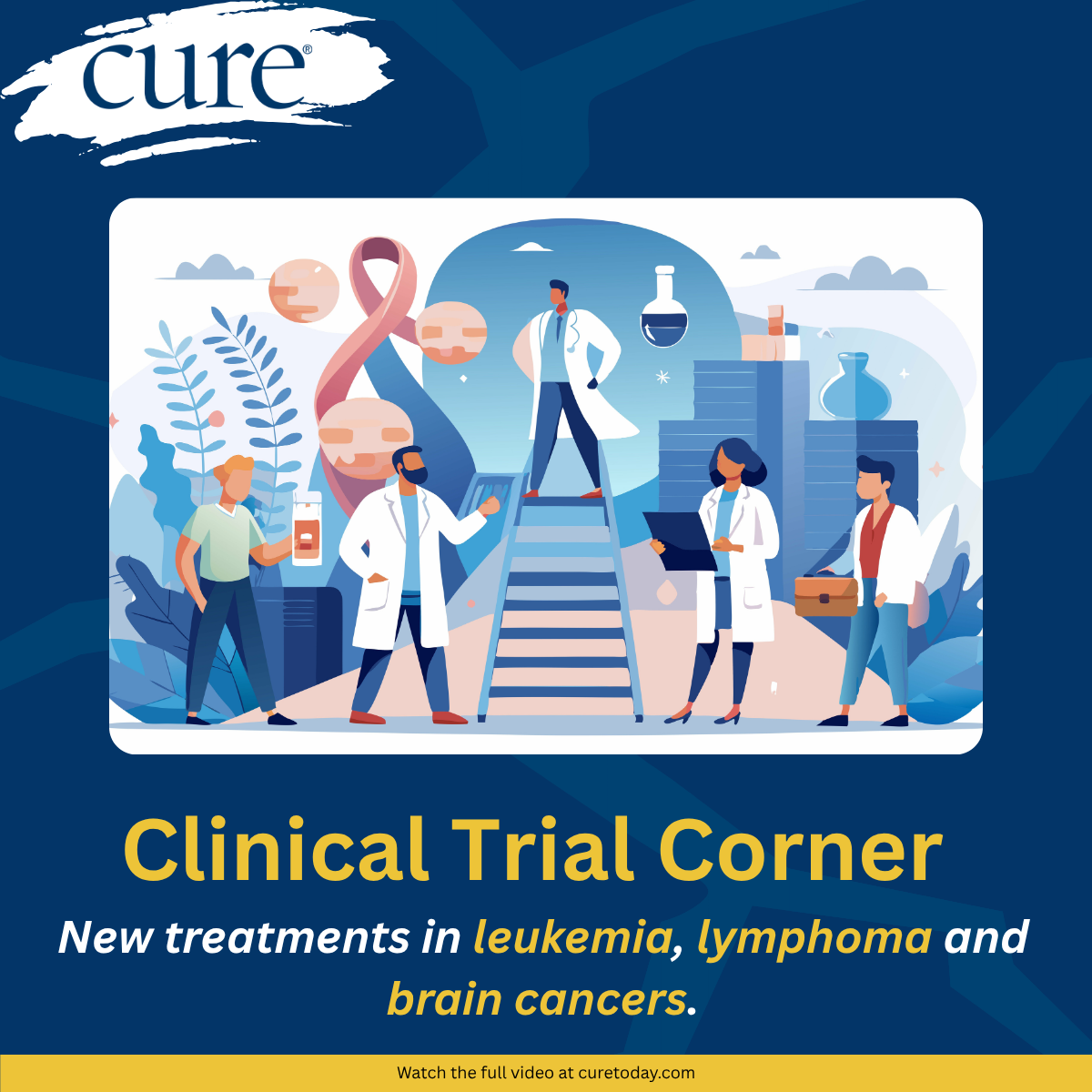Article
FDA OKs Continued Enrollment in Ongoing Blood Cancer Clinical Trials After Gilead Addresses Safety Concerns
Author(s):
Earlier in the year, clinical trials assessing magrolimab for myelodysplastic syndrome and acute myeloid leukemia were put on a partial clinical hold, but now the FDA said that they can start enrolling patients again.
The Food and Drug Administration (FDA) gave the OK for clinical trials investigating magrolimab plus Onureg (azacytidine) for the treatment of myelodysplastic syndrome (MDS) and acute myeloid leukemia (AML) to resume.
The phase 3 ENHANCE, phase 3 ENHANCE-2, phase 3 ENHANCE-3, phase 1b study in MDS and phase 2 studies in myeloid malignancies were put on a clinical hold in January after an imbalance of investigator-reported suspected unexpected serious side effects.
There are also ongoing studies of magrolimab for the treatment of solid tumors that were never put on clinical holds.
The FDA recently reviewed comprehensive safety data from the trials and lifted the partial clinical hold on the ENHANCE trial, and will work with Gilead Sciences Inc., the manufacturer of magrolimab to address the partial clinical holds on other trials.
“Our confidence in the risk-benefit profile of magrolimab has been unwavering, and we continue to believe in the potential for this treatment to address the unmet medical needs faced by people living with MDS and AML,” Dr. Merdad Parsey, chief medical officer of Gilead Sciences, said in a press release.
Patients who were enrolled in the ENHANCE trials before the partial clinical hold was placed were still able to continue to receive treatment with the drug, though the hold meant that no new patients could be added to the study. Since enough patients were already on the trial to conduct an interim analysis, Gilead Sciences states that the company should still be able to publish early data from the study in 2023.
Magrolimab is a monoclonal antibody that works by inhibiting CD47, a protein that tells the immune system not to attack. By blocking it, magrolimab allows macrophages (a type of white blood cell that kills and removes cells and stimulates the immune system) to attack the cancer.
“This is a significant milestone … for patients diagnosed with these cancers. We look forward to continuing our work developing magrolimab and advancing this potential cancer treatment option,” Parsey said.
For more news on cancer updates, research and education, don’t forget to subscribe to CURE®’s newsletters here.





